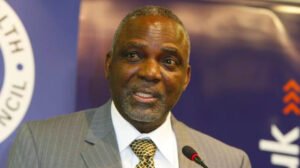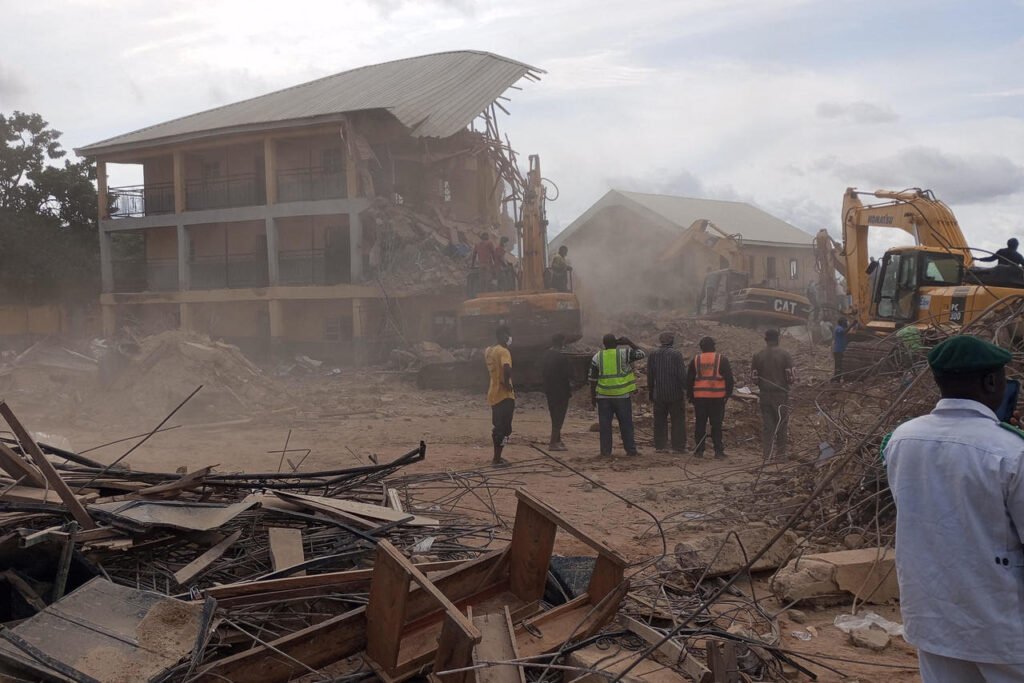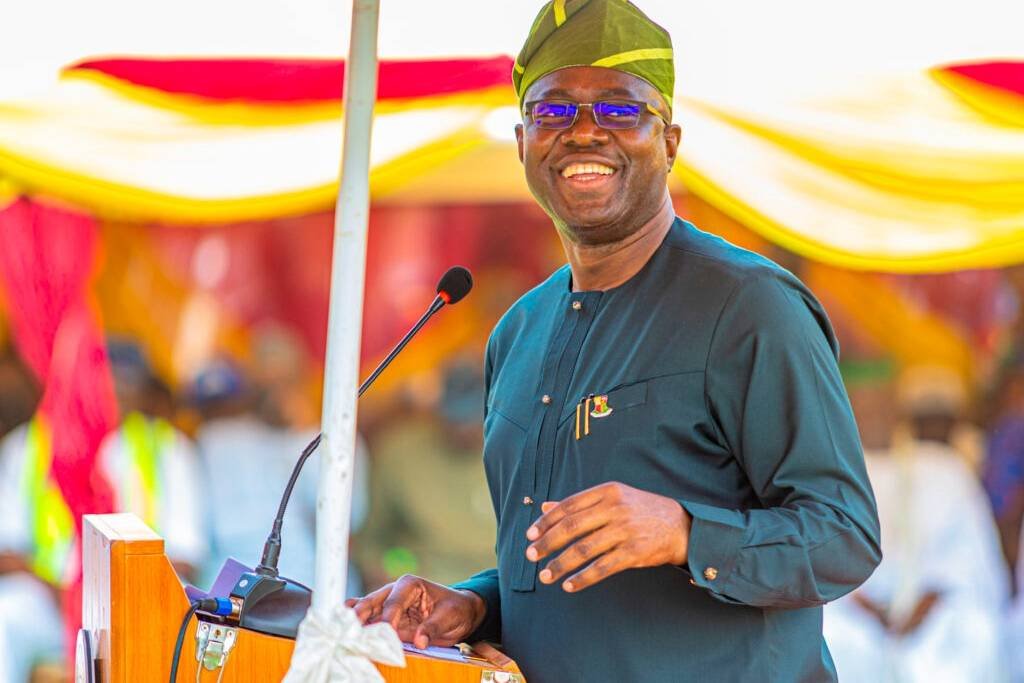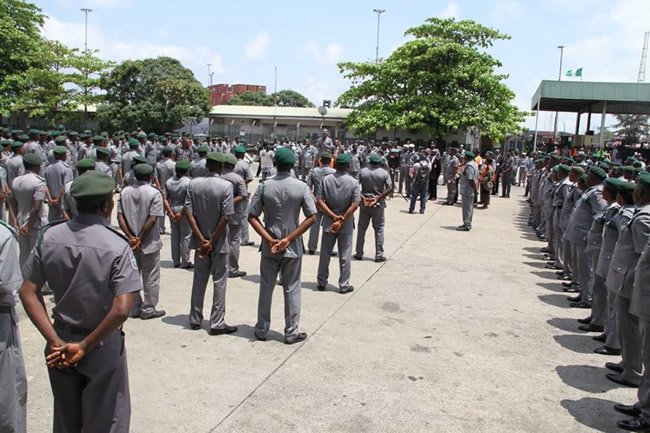Abia power project’s success can be replicated in Lagos, others — Nnaji
Written by Olakunle Oke on March 4, 2024
A former Minister of Power, Prof Barth Nnaji, has said the newly inaugurated 181 megawatts power plant in Aba, Abia State can be reproduced in Lagos and other states of the country.
Nnaji, who is the Chief Executive Officer of Geometric Power Limited, the owner of the Aba power plant, in an interview with Sunrise Daily said replicating the project across the country will be a good way of getting out of the reliance on the national grid.
On the eve of his 66th birthday on July 13, I quickly scribbled a tribute to Bart Nnaji, the internationally engaging engineering professor who has been, among other things, the Minister of Science and Technology as well as the Minister of Power. The article was well received by the traditional and social media but also the Nigerian public, including those in the Diaspora. I still get calls regularly based on content in the piece, especially as regards electric power development. Even a couple of global media have reached out to me in the last few days. Two related questions have stood out from their inquiries: If over 90% of the Geometric Power 188-megawatt project in Aba is already completed, why hasn’t electricity supply in Abia State improved dramatically since last February when Nnaji’s Geometric Power took over the Aba franchised area and what can be done urgently to remedy the current electric power crisis in the country?
The first question is much easier to deal with. The Aba Power project supplying electricity to nine out of the 17 local government areas in Abia State is in its transition phase. The legal transfer of ownership of the Aba ringed fence area from both the Enugu Electricity Distribution Company and Interstate Electrics to Geometric Power Ltd has taken place but some issues are still being resolved. For instance, revenue generated from electricity consumers is still paid into the EEDC account. Almost 100% of the technical workforce was inherited from the PHCN/EEDC and so requires a different orientation in service delivery. Electricity supplied to consumers is imported from the Niger Delta Power Holding Company through the national grid, with such grave implications as being subjected to constant partial and full system collapses. The 27-kilometre natural gas pipeline from Owaza in Ukwa West Local Government Area in Abia to the Osisioma Industrial Estate in Aba has not been completed. The four brand new power substations and the three substations inherited from the PHCN/EEDC, which have been modernised and upgraded, as well as the 150 kilometres of overhead power lines in the ringed fence area, have not been connected. All this has to do with the nine-year hiatus which saw major work suspended on the project because of ownership issues between Geometric Power, on the one hand, and the EEDC/Interstate Electrics, on the other. The transition phase is happily coming to a close soon.

It is critical to point out a glaring difference between electric power projects and some other infrastructure projects. The public can see, experience and appreciate, say, a road even when only five% of it is done but people don’t typically appreciate a power project until it is done 100%. Even if only one kilometre out of, say, a 20-kilometre road is completed, everyone will see it and can even enjoy it by driving on it. However, in respect of power, the only time most people believe that meaningful work has been done is when they switch on their bulb and it produces light. Most individuals don’t reckon with the magnitude of work done on power generation or the distribution and transmission networks or fuel to power unless work on the entire value chain is completed 100%.
Nnaji recognises this fact and has been working frenetically to get the little outstanding job in the Aba Ring Fence Area done. He knows that Abia people have been waiting anxiously since 2004 for a reliable, uninterrupted and affordable power supply. Not just individuals or the state government but also such businesses as the Nigerian Breweries, Guinness Breweries, Glass Force, as well as small and medium businesses like the hundreds of thousands of shoemakers and clothiers at the famous Ariaria Market. As he often notes, quoting the late Vice President Alex Ekwueme, “Nigeria is a miracle waiting to happen.” He is acutely aware that poor electric power supply is arguably the largest constraint to the occurrence of this long-awaited development miracle.
He said: “It’s a blotter, an ink approach. So, if you drop ink on a part of a blotter, then it begins to spread. And if you drop it at various places, then eventually the entire blotter will have ink. If I look at the project that we have here, you can do the same thing in Lagos.
“You can do it in Eko, you can do it in Ikeja, you can do it in Kano, you can do it in Kaduna, various places where you have economic activities, industrial activities.
“If you begin to look at the possibility of all of them eventually expanding, then that’s what can help the country. You need to have a tight generation and distribution, not a generation that has no direct relationship between generation and distribution.
“It is possible for this to be replicated throughout the country. And it will be a very good way to not have to rely on the national grid power arrangement.”
A new electricity distribution company, Aba Power Limited Electric has started taking electricity from the plant and supplying it to about nine of the 17 local government areas in the South-East state.
According to Nnaji, the power plant’s 188 megawatts capacity is more than the required power needed for the nine LGAs. He said the capacity is almost two-thirds of what Enugu Electricity is currently serving the five South-East states.
“By the time we finish installing, we have 188 megawatts capacity, that’s almost two-thirds of what Enugu Disco is serving five states in the East. The way to ensure reliability is that you have to have more than just adequate power.
“You have to have more than the requirement of the area. It must be more. So, because you cannot predict peak load for power always, people can just decide to do something and drop power.”
Source: Jordan 105.5fm News Bulletin






